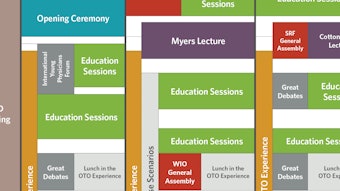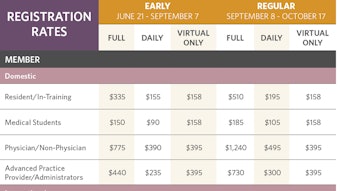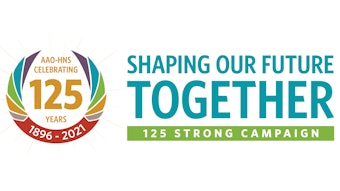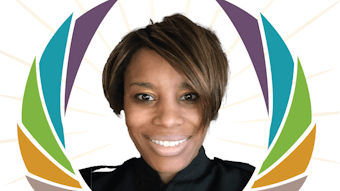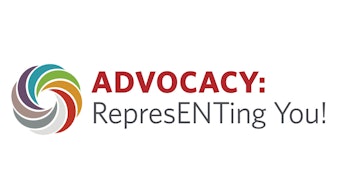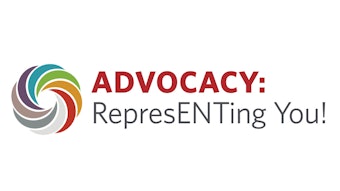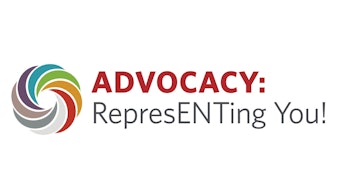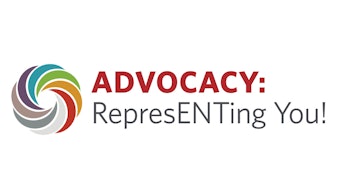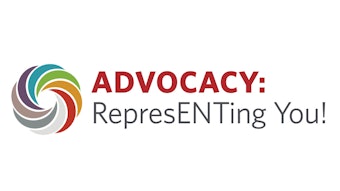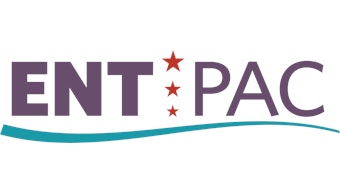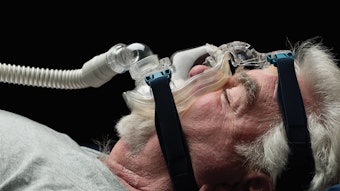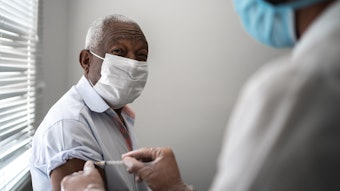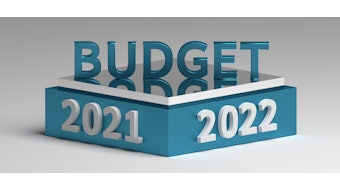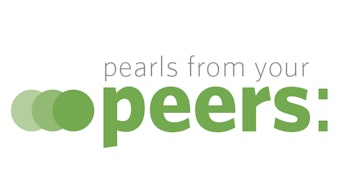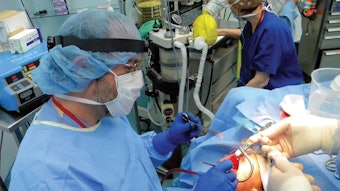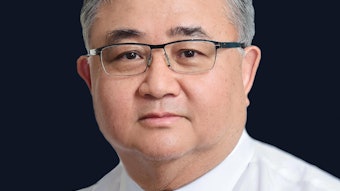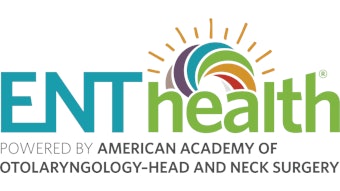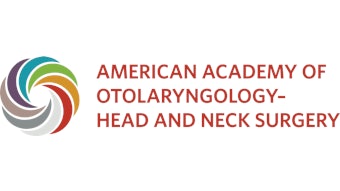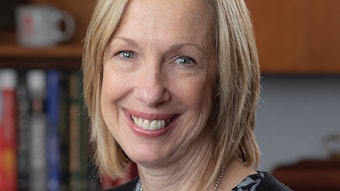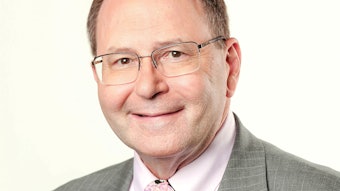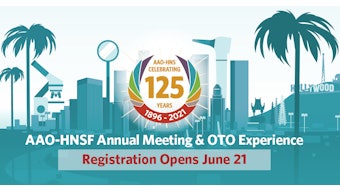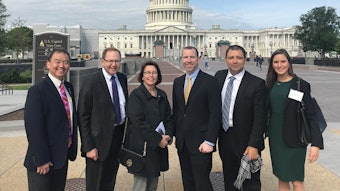AAO-HNS/F Annual Secretary-Treasurer Report
As we enter my last budget year as Secretary-Treasurer, I can’t help but reflect on initial thoughts coming into this role in 2017 when I was mentored by Scott P. Stringer, MD.
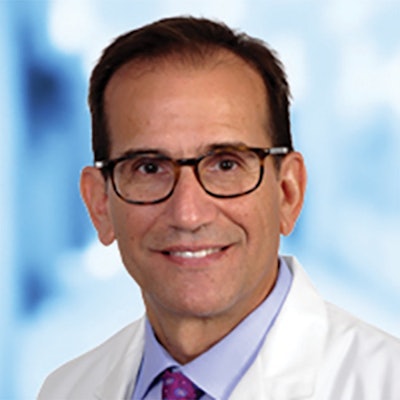 Kenneth W. Altman, MD, PhD
Kenneth W. Altman, MD, PhD
As we enter my last budget year as Secretary-Treasurer, I can’t help but reflect on initial thoughts coming into this role in 2017 when I was mentored by Scott P. Stringer, MD. In addition to his leadership creating fiscal continuity at a time of our Academy’s EVP transition, he worked to move away from the complicated accounting required by a credit swap that funded our major real estate holding in Alexandria, Virginia. This left us on firm footing for a fairly routine next four years.
Membership dues and the Annual Meeting make up about 75% of the revenue needed to support our operating budget. My initial concerns taking over as Secretary-Treasurer related to generational change and the impact of technology on our future as an organization. Although I’ve always believed that we’re better off as individuals and as a profession with the Academy, I wondered if our recent graduates would have the same loyalties to maintain membership, especially in the face of specialty societies that reflect the growing trend toward niche medicine. With competing economic pressures for clinical performance as a result of rising practice management costs and declining reimbursement, would the attendance at our Annual Meeting still be valued? This is especially compounded by the blurring lines between academics and private practice, with fiscal responsibility applying to both, and a growing number of competing conferences and courses offered despite more limited travel time.
We invested heavily in Reg-entSM, which initially rose in 2016 as a response to PQRS reporting requirements for CMS, but it also offered the prospect of aggregate clinical data to define “best care” in otolaryngology, allow clinical research, develop outcomes tools, and serve as a potential source of non-dues revenue. The technology was at its relative infancy at that time, and we were early adopters, allowing us to help drive the future. Another significant change included retiring the 40-year-old Home Study Course in lieu of developing our new FLEX (Focused Lifelong Education Xperience) program in 2020 to offer our members cutting-edge education materials available in multiple formats on multiple devices. At the time it was uncertain how quickly this new electronic program would catch on and generate the necessary revenues to maintain the budget.
Last year’s budget for FY2021 enjoyed stable membership from the prior year, planning for our Annual Meeting in Boston, growing participation in Reg-ent, and the prospect that our new partnership with OM1 might soon deliver marketing revenue from Reg-ent to support technology and subscriber costs. Then came COVID-19.
James C. Denneny III, MD, Executive Vice President and CEO, and Carrie L. Hanlon, CPA, Senior Director, Finance and Administration, were quick to lead budget changes to include emergency use of net asset reserves in case of a revenue shortfall from the Annual Meeting, among many other initiatives. By the summer of 2020 it was clear the Boston Convention Center would not accommodate a live meeting, but our Meetings Team, led by Coordinators Mark K. Wax, MD, and Daniel C. Chelius, Jr., MD, were able to quickly pivot to a parallel plan to present our first Virtual Annual Meeting. Aware of the severe financial pressure our members were under, the Academy offered Academy Cares vouchers designed to offset costs for membership renewals (noting no dues increase in the last five years) or any education product. Additionally, we offered bundling of the Annual Meeting registration with FLEX subscriptions to make both more affordable, while promoting both programs.
Despite this tumultuous year, we expect to end the year better than budget neutral without needing to draw from our reserves. Other factors that helped navigate these pressures include projected forgiveness of the stimulus package PPP loans that helped keep staff employed, revenue from the new FLEX product that was more than double budget expectations, and significant projected savings related to travel and staff working from home. We also expect cancellation insurance recovery for the Annual Meeting to match lost revenue, which should put us ahead and enhance our ability to meet next year’s budget.
Beyond COVID-19 there will be continuing challenges to membership and Annual Meeting participation. We’re fortunate to have shifting demographics to a larger number of younger members, and we will only benefit from new conferencing and education technologies. Our unity, strong sense of purpose, and ability for cutting-edge innovation will guide us in achieving the long-term strategic goals of our Academy to enhance our profession.
